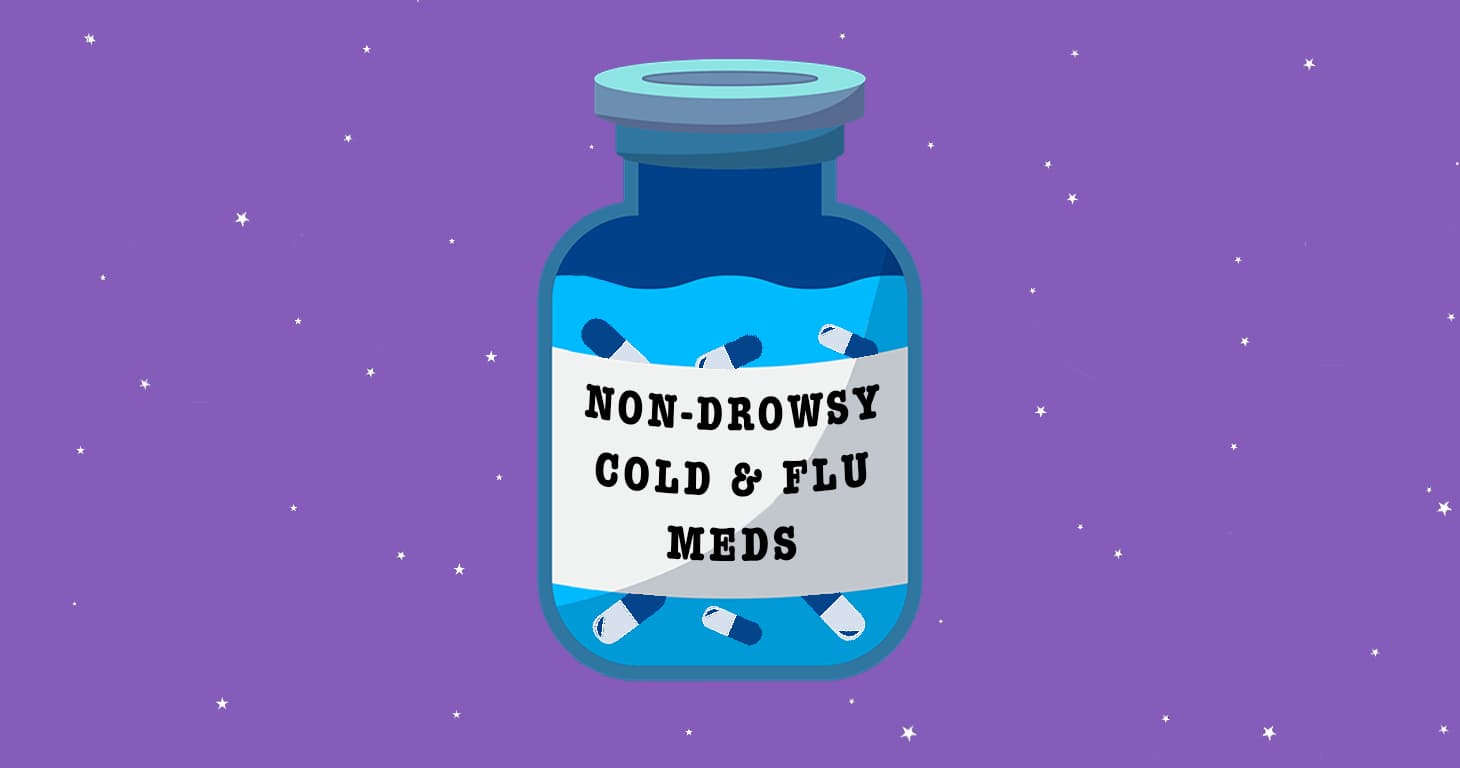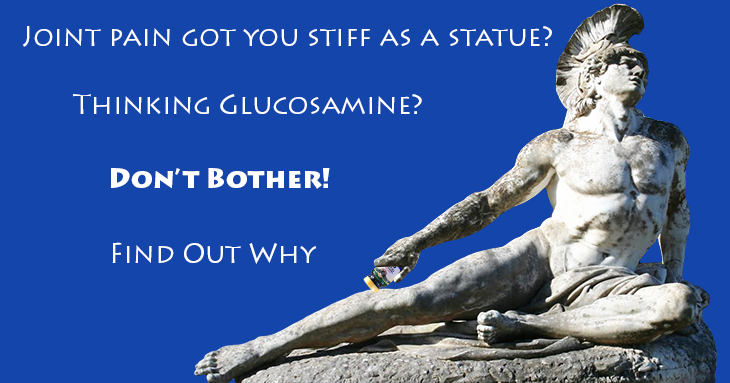
CATrends: OTC Cold and Flu Medicines Falsely Marketed as ‘Non-Drowsy’
Several products marketed as ‘non-drowsy’ contain an ingredient that causes drowsiness, lawsuits claim.
Class-action settlement over supplement sold by Walmart, Walgreens and Supervalu provides little relief to consumers.
|
UPDATE: After TINA.org filed the Perrigo objection, the parties renegotiated the proposed settlement to widen the scope of the deceptive language that can no longer be used in the marketing of the products and extend the terms to perpetuity instead of just two years. The revised settlement has been approved by the judge. The court approved the Move Free settlement agreement, but lowered the amount of attorney’s fees the plaintiffs counsel could receive from 33% of the settlement fund to 25% of the fund, as advocated by TINA.org along with AARP. The Wellesse settlement was approved by the court in May, 2015 despite the objections. Our original article follows.
If you have joint pain and are looking for ways to ease the symptoms, a host of companies in the U.S. will point you toward products with glucosamine that have enticing promises. Store shelves are filled with bottles of the supplements that over the years have been advertised as not only easing joint pain, but protecting – even rebuilding – cartilage. The problem is there are no scientific studies that sufficiently prove these claims, according to numerous class-action lawsuits filed around the country and some health experts, who have outright recommended against taking it.
Glucosamine, a component of the building blocks of cartilage, is one of the most commonly purchased non-vitamin dietary supplement in the U.S, with sales topping $750 million in 2012. With an aging population, and more than 50 million Americans suffering from arthritis who are looking to ease the symptoms, it’s no wonder sales are steep in the U.S.
But what consumers should be paying closer attention to is this: Studies have shown that glucosamine, with or without chondroitin (an acid found in cartilage), is no better than a placebo in reducing the symptoms or progression of osteoarthritis, nor has it been found to help rebuild cartilage.
Despite this, a plethora of companies have advertised that the products do just that. And now they are facing class-action lawsuits, some of which are being settled.
In one such case, consumers in the U.S. who purchased a variety of glucosamine supplements manufactured by South Carolina-based Perrigo — and sold by Walmart, Supervalu, Walgreens, and stores owned by them — will have to agree to allow the companies to continue marketing the products in misleading ways if they want to get some money back on their purchases. TINA.org is objecting to this and other similar settlements that effectively allows the companies to continue falsely advertising the products, including ones pending for Wellesse and Move Free Advanced supplements.
Settlement flaws
The Perrigo settlement, pending in federal court in New York, allows the retailers to:
If the settlement is approved as proposed, the nationwide class of consumers who don’t opt out will forever be prohibited from suing these companies over their marketing of the supplements in the future.
So who wins? The retailers, Perrigo and the attorneys who will pocket about $1 million.
“It is outrageous that a class-action lawsuit can silence an entire nation of consumers who purchased these glucosamine supplements while the retailers are permitted to continue on with their deceptive labeling practices,” said TINA.org Executive Director Bonnie Patten.
A glucosamine class-action settlement with similar terms was recently rejected by federal appellate court judge Richard Posner who wrote that the injunctive relief was “substantively empty.”
This story was updated on 11/2/15.
Several products marketed as ‘non-drowsy’ contain an ingredient that causes drowsiness, lawsuits claim.
Lawsuits claim infant-specific products aren’t any different than acetaminophen medications for older children.
These claims are tough to swallow.


